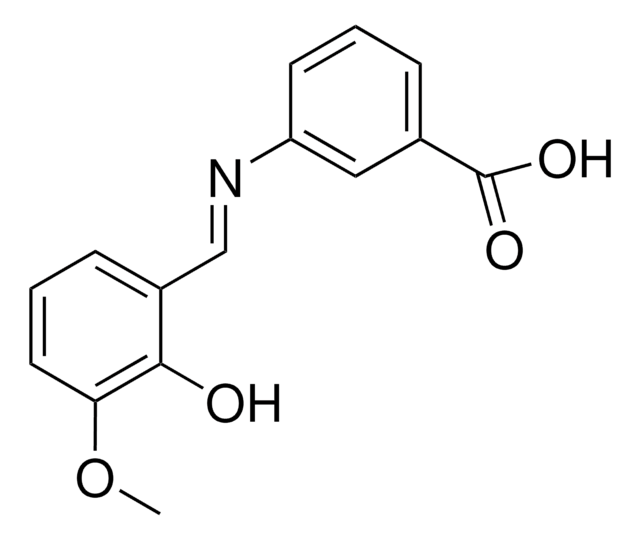D5879
Dimethyl sulfoxide
ReagentPlus®, ≥99.5%
Synonym(s):
DMSO
About This Item
Recommended Products
grade
reagent
Quality Level
vapor density
2.7 (vs air)
vapor pressure
0.42 mmHg ( 20 °C)
product line
ReagentPlus®
Assay
≥99.5%
form
liquid
autoignition temp.
573 °F
expl. lim.
42 %, 63 °F
technique(s)
immunoblotting: suitable
impurities
≤0.1% water (Karl Fischer)
refractive index
n20/D 1.479 (lit.)
bp
189 °C (lit.)
mp
16-19 °C (lit.)
solubility
H2O: soluble(lit.)
acetone: soluble(lit.)
benzene: soluble(lit.)
chloroform: soluble(lit.)
ethanol: soluble(lit.)
density
1.10 g/mL (lit.)
SMILES string
CS(C)=O
InChI
1S/C2H6OS/c1-4(2)3/h1-2H3
InChI key
IAZDPXIOMUYVGZ-UHFFFAOYSA-N
Looking for similar products? Visit Product Comparison Guide
General description
Application
Biochem/physiol Actions
Packaging
Caution
Other Notes
Dimethyl Sulfoxide Miscibility/Immiscibility Table
Legal Information
Storage Class Code
10 - Combustible liquids
WGK
WGK 1
Flash Point(F)
188.6 °F - closed cup
Flash Point(C)
87 °C - closed cup
Choose from one of the most recent versions:
Already Own This Product?
Find documentation for the products that you have recently purchased in the Document Library.
Customers Also Viewed
Our team of scientists has experience in all areas of research including Life Science, Material Science, Chemical Synthesis, Chromatography, Analytical and many others.
Contact Technical Service
